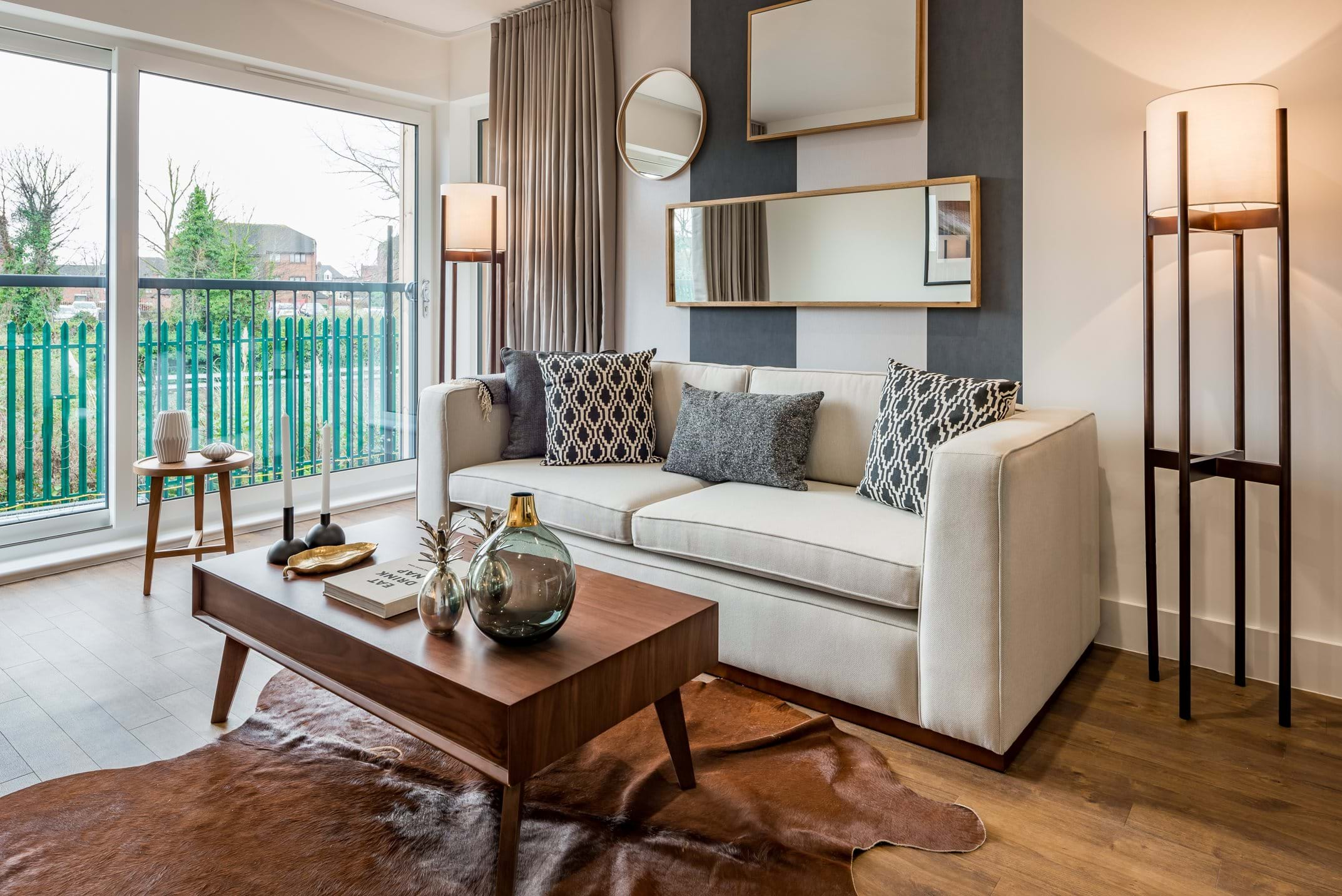On Thursday 4th November 2021, the Bank of England announced that the base rate is to be held at a historic low of 0.1% which caught many commentators by surprise and proved contrary to investors' expectations that rates would rise after the pandemic.
Simon at SRC Mortgage Solutions, one of our panel experts explains how this can affect the future property purchase of first-time buyers.
Why may the base rate increase in the near future?
Although the base rate remains low at the moment, many lenders have already started to increase their mortgage rates in anticipation of a rise in the base rate before Christmas.
As the UK economy starts to recover from the pandemic the demand for goods and services has increased. This in turn has led to an increase in prices, especially on energy and fuel. High inflation is not good for the economy in the long-term and therefore needs to be controlled. One way that demand can be reduced is by increasing the cost at which money can be borrowed.
How high could interest rates go?
The current thinking is that even without intervention, demand will start to level off by the end of the year with Inflation expected to peak at around 5%. This perhaps explains why the Bank of England has chosen not to act at this time. The UK economy is still finely balanced and could easily tip into recession if rates were to rise too fast too quickly. In the short-term therefore it is predicted that any increase in the base rate will only be small, perhaps no more than 0.25%. In the long-term however it becomes far more difficult to predict where rates could end up.

Home owners across the country will be watching the Bank of England's next move.
What impact will a rise in interest rates have on mortgages and house prices?
Existing borrowers with a fixed rate mortgage will see no change to their monthly repayments irrespective of what happens to the base rate. However, borrowers with variable rate mortgages and first-time buyers may have already seen the cost of borrowing increase. As already mentioned, many lenders have already started to increase their rates in anticipation of a rise in the base rate.
With regards to house prices, we think it unlikely that an increase in interest rates will have much impact. Demand for property remains high and as any increase in mortgage rates is likely to be small - at worst we expect process to level off.
What should first-time buyers do?
It is generally recommended that first-time buyers take out a fixed rate mortgage. This will provide some security in the early years of home ownership as you have the guarantee that your monthly mortgage payment won’t change regardless of what happens to the economy.
How long to fix the interest rate for is perhaps the more difficult question to answer and will depend on individual circumstances. It is worth remembering that even if the base rate does rise soon, it will still be well below the long-term average. Taking a long-term fixed rate may therefore be financially prudent for many.
When starting out we believe it’s essential that first-time buyers seek professional mortgage advice before deciding what they should do. Not only can they source the market to get you the best deal they can also take time to understand your circumstances to ensure that you end up with a mortgage that suits your needs.
Article credit: Simon Torry at SRC Mortgage Solutions.
Ready to become a home owner with Peabody?
Peabody are one of the largest housing associations in the UK with a selection of Shared Ownership homes available throughout London and the South East. Our panel of expert Mortgage advisors and Solicitors will ensure you're in good hands throughout your home buying journey. Take a look at our property search to find the perfect home for you.